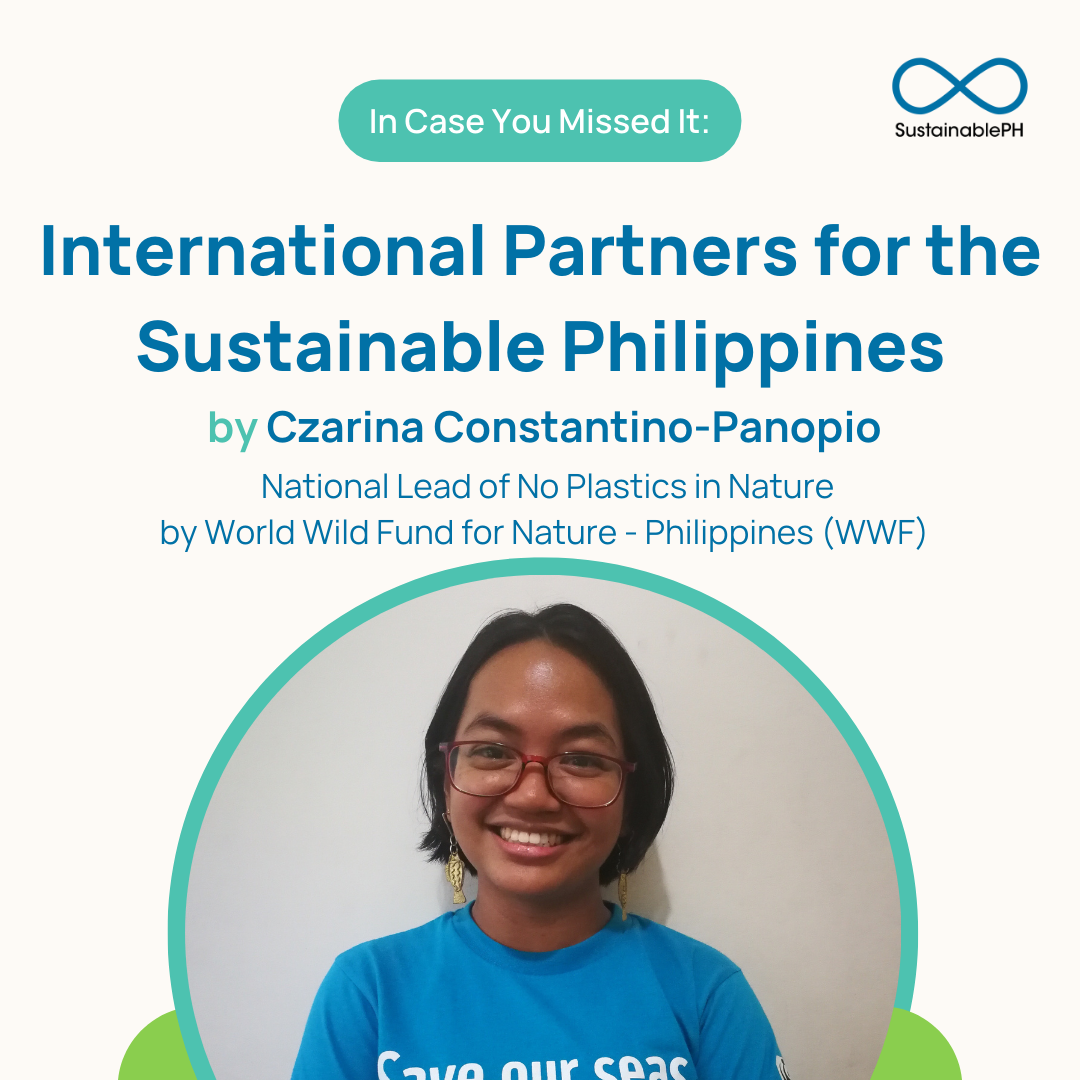
International Partners for the Sustainable Philippines
For our last AMA entry, let’s head to the international level! Together with Czarina Constantino-Panopio, also known as Cza, we will explore environmental projects and initiatives they do for a better Philippines.
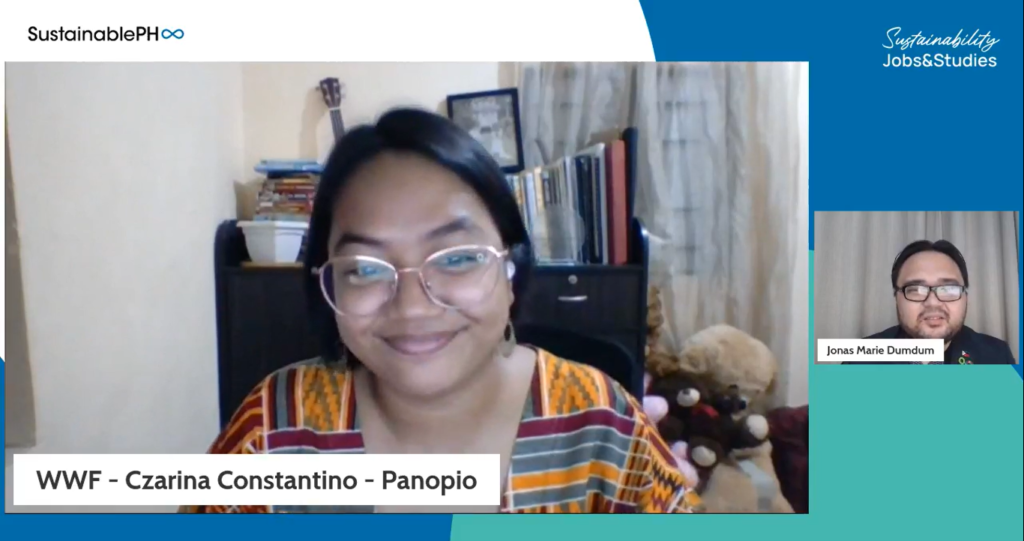
#AMA 07 with Czarina Constantino-Panopio
What do you do in WWF? How did you get into the role?
Cza currently works for World Wild Fund for Nature – Philippines (WWF) as the National Lead Coordinator for the “No Plastics in Nature” initiative, where they work with businesses, cities, communities, policymakers, and the general public to identify and implement solutions to stop plastic pollution.
Before joining the organization, she evaluated her competence in working for an international organization and was contemplating being part of it. Initially, she didn’t plan on applying given the requirements but figured she wouldn’t know if she was competent enough if she didn’t apply for the job. With that, she took a leap of faith, and fortunately, she got accepted! From then on, she worked hard in developing and implementing projects to achieve the organization’s vision of no plastics in nature by 2030.
How many years have you been working in WWF? Did you have prior development-related experience?
Prior to WWF, she was a Training Specialist at Haribon Foundation for almost five years and took a break from biodiversity conservation to explore other opportunities. She took a gap year to learn about social entrepreneurship and later on realized that environmental conservation is really her track. Finding the job opportunity on the WWF website excited her and confirmed that environmental conservation was the right field for her. True enough, fast forward to today — it has already been four years since she joined WWF.
What makes WWF click for you?
Her passion for bringing change and working with people and communities in terms of advocating for environmental changes — is what drives her to stay and champion their vision of no plastics in nature by 2030.
What’s the most fun and most challenging about work?
The most exciting part about work for her would be the people she works with and seeing the communities’ drive to effect change, facilitating discussions, learning about various perspectives, and trying to align everyone towards a common goal.
But working with communities is not a walk in the park. The challenges arise when there are conflicts and misunderstandings among various groups.
How do you work with communities?
She starts by introducing the project and explaining the underlying problem. Usually, that’s where “pointing fingers” happen. These stakeholders don’t communicate with each other often, so, as facilitators, they bring everyone together to understand their perspectives, pinpoint the problem, process the insights, and find the best way forward together.
Can you tell me more about No Plastics In Nature? And what makes plastic problematic?
Their vision is to stop plastic waste leakage into nature by 2030. To do so, they constantly work with businesses, local governments, policymakers, and the general public, since they understand the importance of finding the balance between upstream and downstream solutions.
When they say upstream solutions, an example is closing the tap — like lessening the volume of plastics entering the market. While an example of downstream solutions is the attempt to stop leaking plastic into nature through effective plastic waste management.
Plastic is convenient and cheap, while other alternatives are expensive. Especially during the pandemic, plastic was equated to safety. In evaluating plastic footprint, it’s important first to identify our plastic generation—the what’s and the why’s—and assess the unnecessary plastics in the market that can be eliminated.
She suggests that if there are opportunities to refuse plastic, then we take that option to reduce our plastic consumption. We can also bring it to collection points for proper disposal. Lastly, don’t be too hard on yourself since solving the plastic dilemma is a systems approach, not just a consumer approach. At the end of the day, Cza believes we are part of a system, and each element in that system has a significant role to play, to champion this advocacy, and make it a reality.
When it comes to multi-stakeholder consultations, who are most challenging to work with?
For Cza, there are different perspectives and points to build on, like civil society members pushing for circular solutions or businesses urging new waste management systems to be in place, so, it’s definitely multi-layered — making it more critical to identify and address those layers.
The most challenging to work with are stakeholders who are not open to the opinions of other groups. For some issues, they can readily agree and weigh pros and cons, but for others, they simply agree to disagree in proceeding to tackle other matters of importance.
When it comes to solutions, what approach do you apply during consultations? Design thinking, systems thinking, etc.?
The No Plastic in Nature initiative is a systems approach to addressing plastic pollution. They need to reduce/ eliminate unnecessary plastics, practice reuse, and ensure proper waste management, in coordination with relevant stakeholders. We need to work in the entire plastic value chain and implement both upstream and downstream solutions. In identifying these solutions, it’s necessary to first show the situation, its impact, and possible solutions that can be implemented with the stakeholders in the consultation.
They advocate because, at the end of the day, if they’re pushing to improve the overall waste reduction and management system, it’s significant to look at the reasons for the increasing plastic waste volume in the market. “We emphasize their important role and the need for them to take accountability and work towards solving this issue.”
How is it working with social enterprises?
She loves working with social enterprises since she sees their passion and they’re doing two things simultaneously: solving the plastic pollution problem and providing livelihood opportunities. For example, in No Plastics In Nature, she stressed the importance of having economic incentives, and seeing social entrepreneurs balance the environmental, economical, and social aspects is great. They see that social entrepreneurs are passionate about what they do and want to help the nation so their team works with them to make sure they are integrated into the system. Her team has already piloted social enterprise solutions in their Plastic Smart Cities sites.
How could upcoming and existing sustainability professionals join international organizations?
She encourages interested individuals to take a leap of faith and apply when there’s an opening. To get a feel of what NGO work is like, people can also volunteer. Some people say it’s dangerous work, yet for her, it’s more of how you look at the problem and how you plan to address it. Now that she’s in environmental conservation work, she finds it fulfilling to learn more about this field and converse with others in the same circle with practitioners on sustainable production or climate change.
When looking for international organizations, Cza advised:
Find a niche where you’ll be at ease and will want to learn more,”
Don’t miss this last AMA from Cza by binge-watching it HERE!
Sustainability Jobs – Philippines is a group for sustainability professionals exploring for opportunities in ESG, sustainability, and sustainable development. Join the community and conversation for FREE! Be updated on sustainability jobs and learning opportunities at Sustainability Jobs – Philippines.
And if you’re a practitioner and/or professional looking to grow your skills, network, and career in sustainability, join the Society of Sustainability Practitioners (SSP) — the country’s first association of sustainability professionals nationwide. You may apply to be a member through SSP’s registration form. We’ll see you there!
Edited by: Jonas Marie Dumdum
Photo Header by: Crisyll Torres
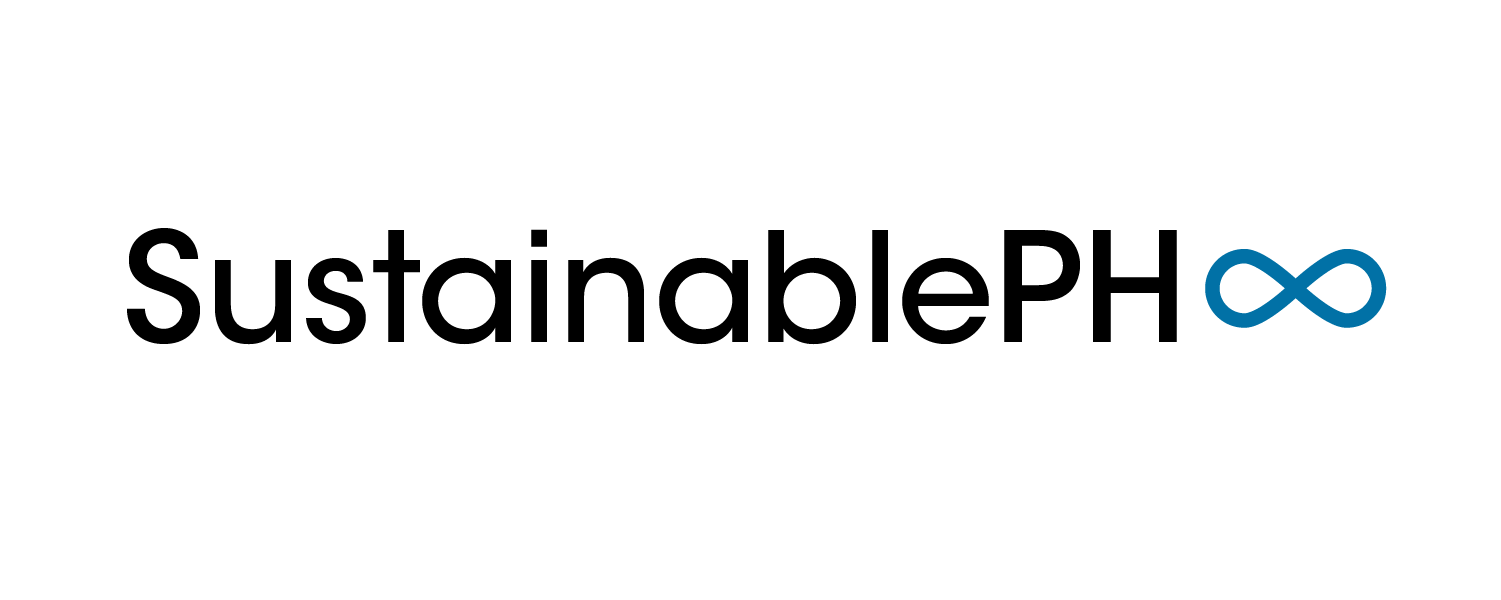
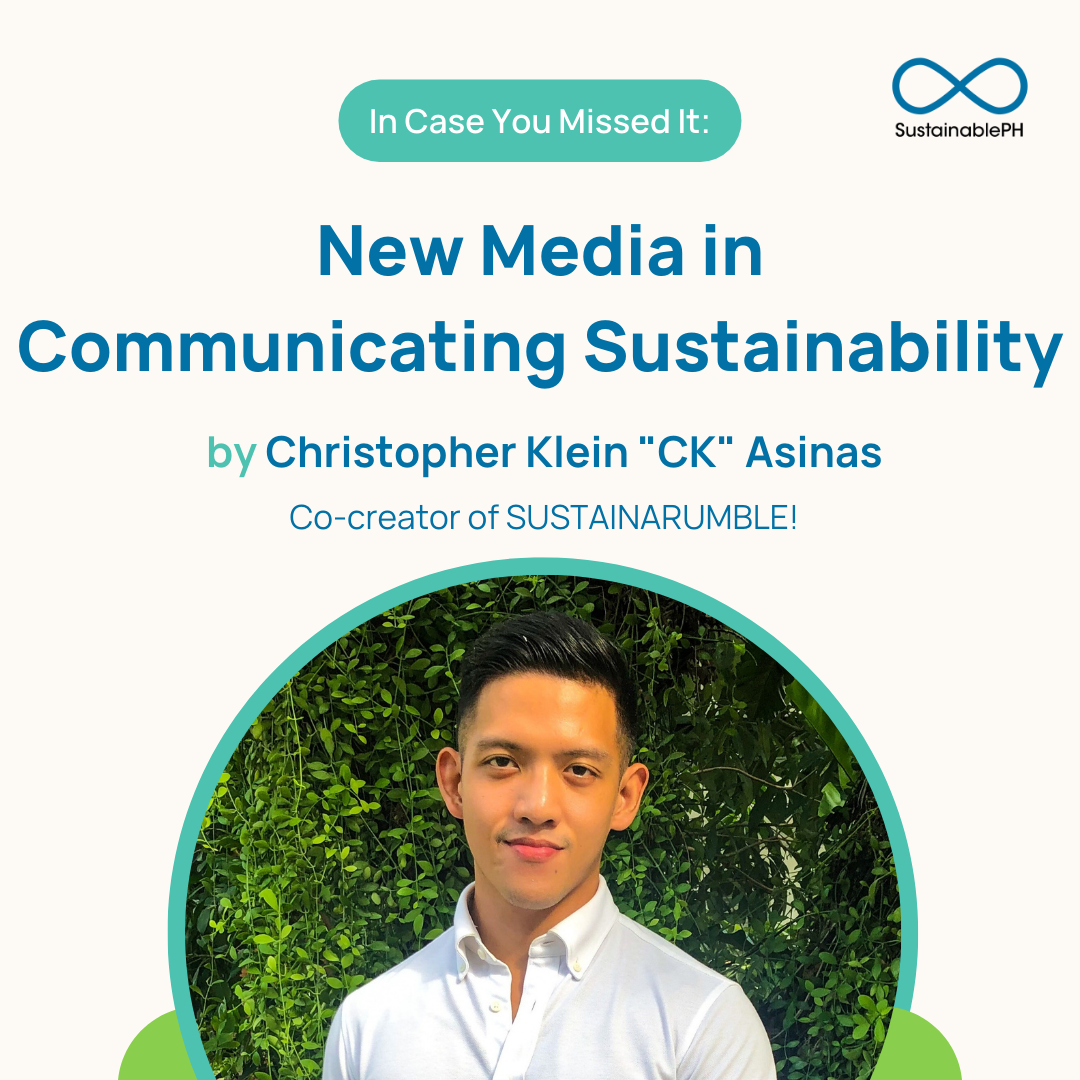

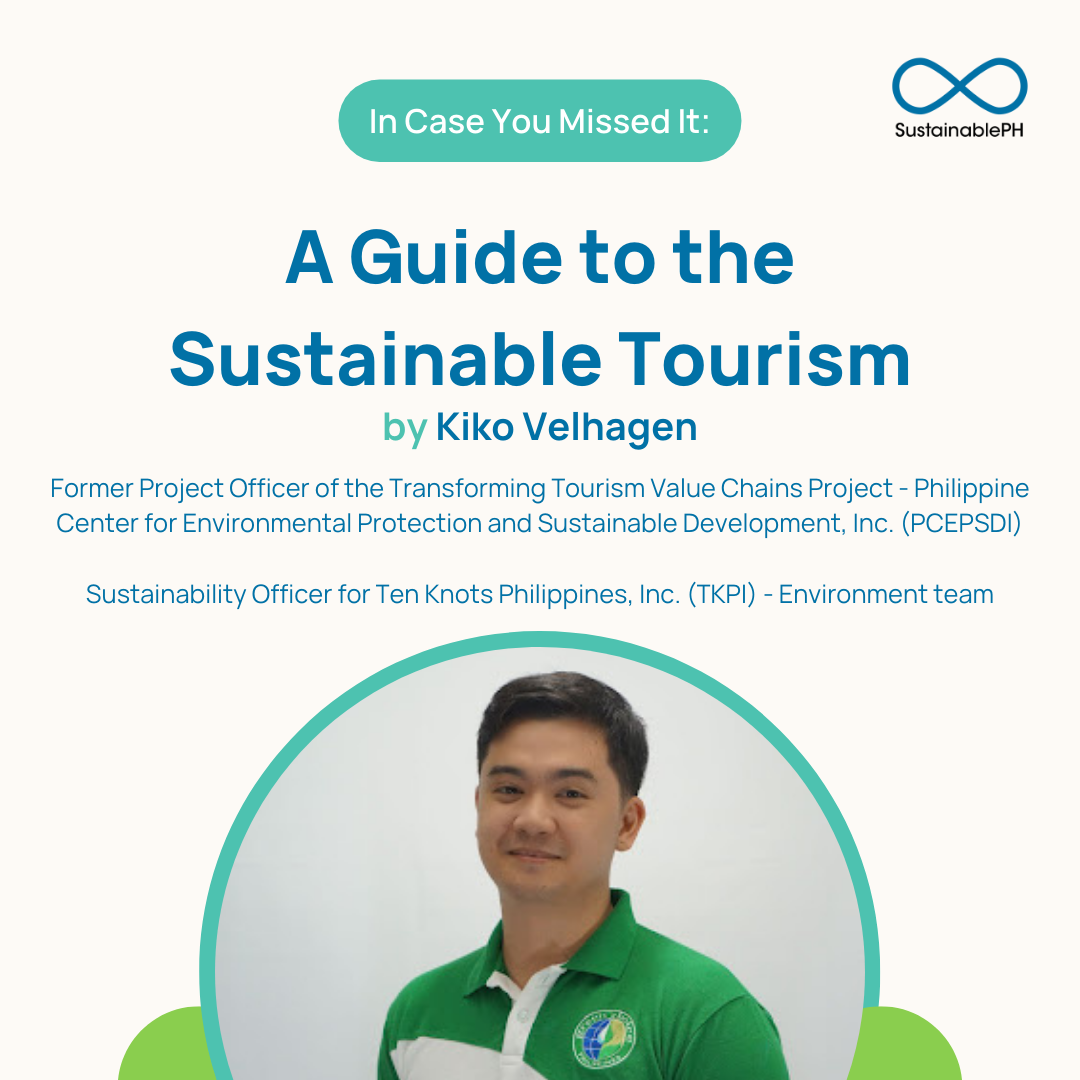
נערות ליווי בצפון
Can I simply say what a relief to uncover somebody that truly understands what they are discussing over the internet. You certainly know how to bring an issue to light and make it important. A lot more people must look at this and understand this side of your story. I was surprised that you are not more popular given that you most certainly have the gift.